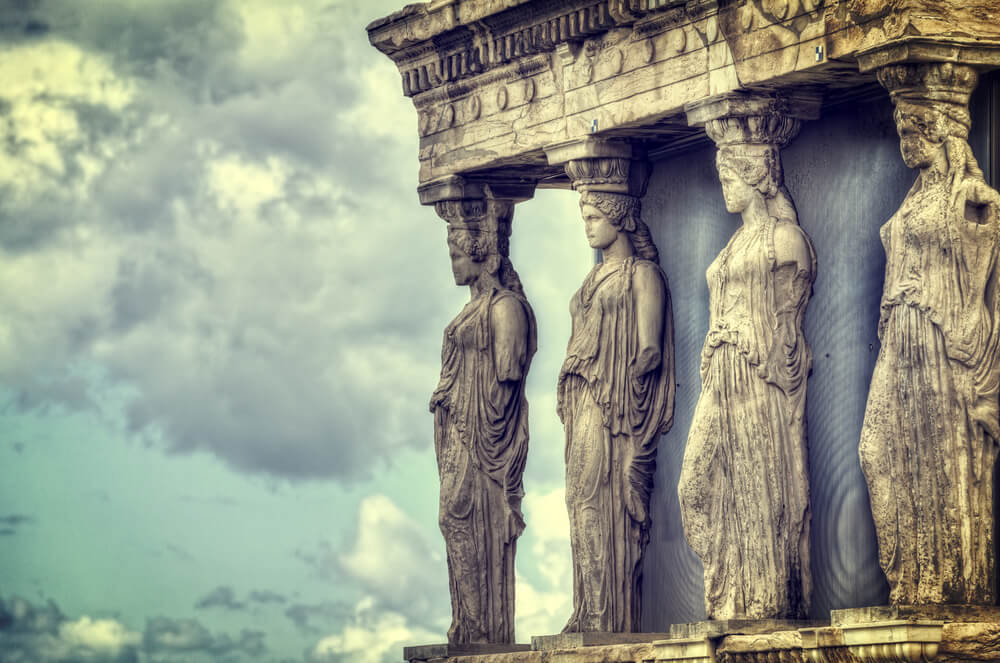The Greek remedy for depression and anxiety is based on an interesting holistic approach, it was a lifestyle known as pythagorikos, from which people learned to take care of their diet, their physical form and above all their intellectual aspect. for the body and the cultivation of the spirit were key elements for our wise parents to promote well-being.
It is possible that these elements now seem a little basic, however, we have reached a point in our society where perhaps what we need most is to return to these fundamental principles, in this way we can reduce the complexity of our daily lives, save concerns, reduce stimuli and pay attention to priorities.
- Philosophy is always an interesting refuge to return from time to time to learn.
- Reflect and awaken.
- In a world where technology collapses in each of our personal worlds.
- It is interesting to remember the purpose of this discipline.
- Figures such as Plato Aristotle or Pythagoras spoke not only of moral.
- Ethical or aesthetic concepts.
They also taught us the art of “living well. “And above all, if possible, the ultimate purpose of philosophy has always been to teach us to think better, something fundamental that ultimately also allows us to invest in well-being.
“Positive health requires a knowledge of man’s primary constitution and the powers of different foods, both natural and those that result from human dexterity. But eating alone isn’t enough for your health, you also need to exercise and know its effects?. -Hypocrates-
Nicholas Kardaras is a clinical psychologist known for his work in various fields: mental health, addictions and the impact of technology today. One of his most successful publications was How Plato and Pythagoras can save your life. In this article, presented at an American Psychology Association (APA) conference, he defended the following ideas:
We are becoming increasingly isolated; we are a hyperconnected society that, however, feels more alone than ever.
A job like that of Dr. Stephen Ilardi, a psychologist at the University of Kansas, reveals something very interesting: populations like Kaluli in Papua New Guinea have zero or no depression rates and apply a very basic philosophy of life in their daily lives that allows them to gain well-being.
We have the ancient Greek remedy against depression at our fingertips. The one Pythagoras announced in his time and is known as “Bios Pythagorikos”. Let’s see what it’s all about.
Omega-3 fatty acids are those found in foods such as nuts, olive oil, salmon, chia seeds, among others, curiously many current studies reveal how these types of fatty acids act as true neuroprotective.
The Academy of Ancient Greece was an institution dedicated to physical and spiritual instruction, so one area was linked to the other. Today, we often neglect the importance of exercising our body, keeping it active, enjoying this vitality in which we can connect with the environment around us, with nature and with ourselves.
This is another fundamental point of the Greek remedy against depression, if we think about it we lose that connection, we live surrounded by the artificial light emitted by our workplaces and electronic devices, this type of light directly affects our rest and, by extension, our health.
That is why we have to sunbathe and be attentive to our schedules so as not to lose this link with the cycles of nature.
The Greeks were wise in terms of pleasure and relaxation, and cultivated fabulous pleasures with which they fought against worries. We do not need to follow hedonism, but we must allow ourselves to enjoy the moments when we are in contact with our passions, feeling free, happy, creative, etc.
Dialectics is the art of confronting, listening, debating, relativizing, learning, renewing ideas, discovering goals, etc. , above all, means having enriching social contacts that bring new perspectives, which challenge us with their energy, vitality and optimism.
These pillars of the Greek remedy against depression could not be simpler, rather than an emergency medicine cabinet, it is an invitation to create new ways of life: to create a project in which we position ourselves as protagonists to seek and work our well-being. . Let’s think about it.

